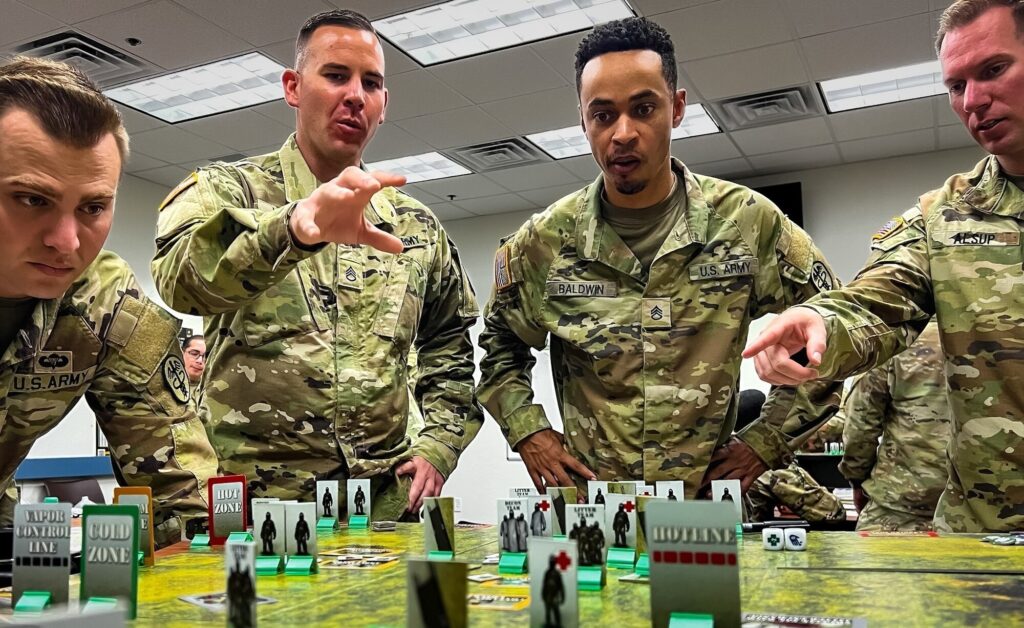Nov 9, 2023 Improving decision-making skills in the military

Decision-making is a crucial skill. And strong decision-making skills is one area that separates military members from the civilian population.
From the Military Decision-Making Process (MDMP) to the Tactical Planning Process (TPP) and more immediate or intuitive decision-making processes like the OODA Loop (Observe, Orient, Decide, Act), the military has not only created an effective decision-making process but uses training opportunities to develop and evolve it under some of the most stressful situations.
A recent story from Military.com detailed the importance of improving decision-making skills while serving. Below is an excerpt from the Military.com story.
Serving in the military is a calling, as well as a sense of duty for many people. But for some, it is one of the few ways for that person to get out of their current situation. Regardless, deciding to serve should not be done on a whim just because you have nowhere else to go. The military can offer many opportunities if you research what branch of service and occupation or training is best for you.
Deciding to serve and getting yourself prepared to go into the military is just the first phase of this journey. Preparing yourself requires building good training habits, researching the process and learning what career in the military is right for you.
On your journey toward a military occupation, there will be tough training. Getting through this training will be tough, as you could be learning a skill like flying, diving or driving a billion-dollar submarine. Lives often depend on your ability to perform under stress. During these high-stress training moments, you may be uncomfortable physically, mentally and emotionally; your decision to make the correct decision tactically is just as important as your decision not to quit when times get hard.
How you react when your will is tested is important in the tactical professions, as your team needs you to do the right thing in the moment. Still, you cannot look at quitting something you started as a failure. It has to be a learning experience, and you need to keep moving forward.
These decisions can drive direction in your own life one way or another, but the direction can always be diverted by a new decision at any time throughout your life.
Throughout your military career, you will constantly gain experience as daily decisions continue to fill your day. You will learn and teach others around you. You will also learn that there are procedural decisions (in the form of things like standard operating procedures) or emergency procedures (ones that are created and memorized to get the job done and save lives).
» ALSO SEE: Army H2F program coming to a base near you
A lot of procedures created in the military are often “written in blood,” meaning someone was seriously injured or died doing something a certain way. Through experience, you may have learned a better way to do something that saves time and money — and is safe. These procedural and experiential decisions play an important role in your daily life in the military. Pay attention and learn these skills so you can make better-informed decisions. Then, teach and mentor others around you.
To read the full story from Military.com about improving decision-making, click here.


